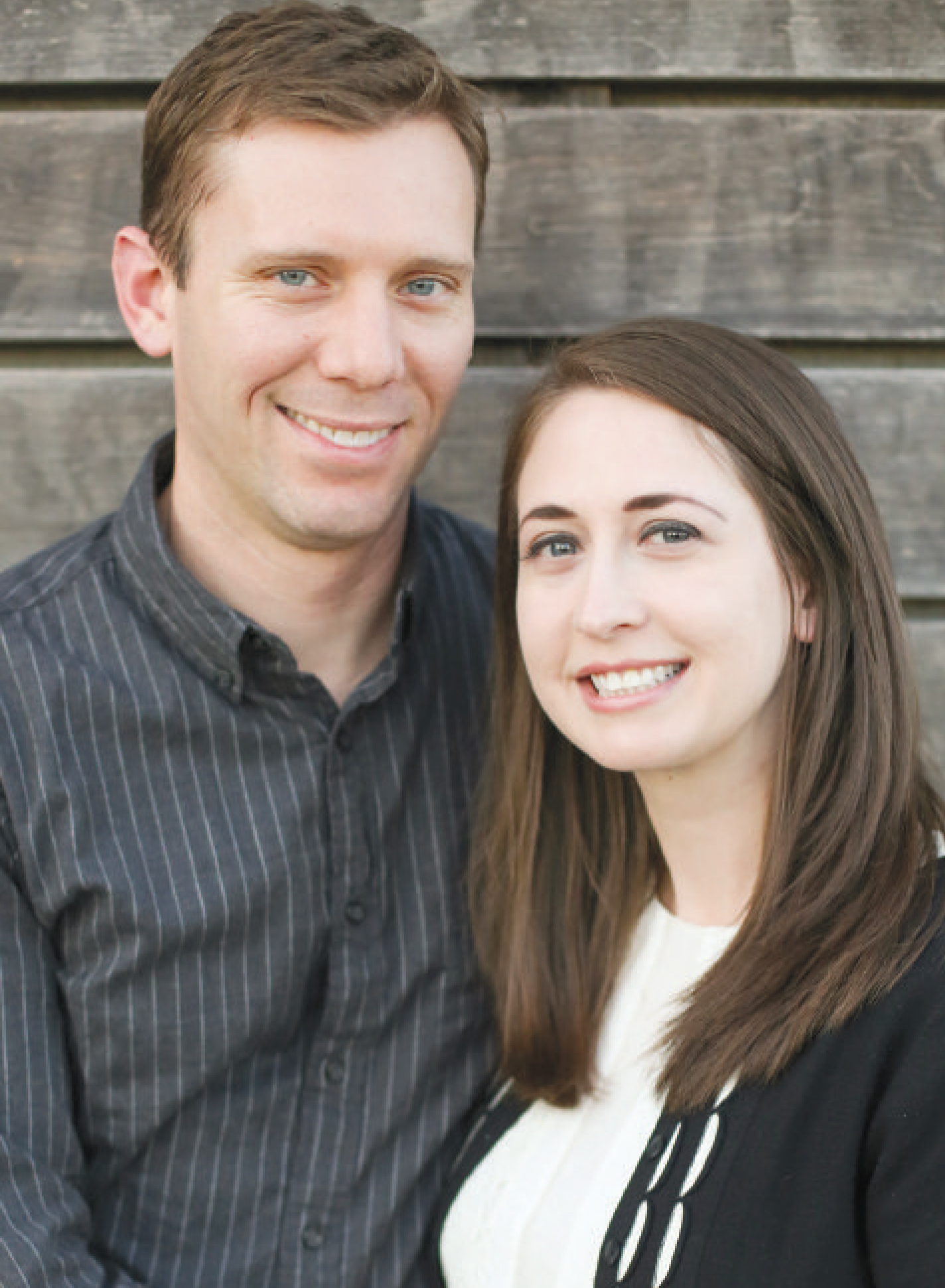Xerostomia, otherwise known as dry mouth, can create real dental dilemmas for many patients. Drs. Robert and Mandy Shearer at Soddy Daisy Smiles and their team have some information to help find a solution.
"Dry mouth usually occurs when the production of saliva slows down," Mandy Shearer explained.
Common symptoms include a sticky, dry feeling in the mouth, frequent thirst, sores in the mouth or cracked lips, a dry feeling in the throat and even a burning or tingling sensation around the tongue.
"Drier conditions can result in difficulty speaking, sore throat and constant thirst," Mandy Shearer added. "In persistent cases, it can also lead to bad breath,"
For those wondering how this can manifest itself, Robert Shearer said that the natural saliva that has so mysteriously seemed to vanish has a job to do: flushing bacteria and leftover food particles from the mouth.
"Without saliva to flush them away, the bacteria and debris start to break down, creating an unpleasant odor," he explained. "With the lack of saliva, the bacteria count will rise in the mouth, leading to prime conditions for tooth decay."
He noted that even a person who has never had a cavity before may experience cavities with a dry mouth.
Dry mouth can be caused by lifestyle choices, such as smoking or chewing tobacco; or surgery; or can even be a side effect from certain types of medication. As the cause is widely varied, so are the treatment options.
If patients suspect their dry mouth could be due to a medication, it's best to talk with their doctor first to see if an adjustment in the dosage or switching to another medicine might solve the problem. An oral rinse to restore moisture to the mouth may also need to be prescribed.
Other steps to increase saliva flow include sucking on sugar-free candy or chewing sugar-free gum, drinking plenty of water to help keep the mouth moist, brushing with a fluoride toothpaste and using a fluoride rinse, breathing through your nose as much as possible and using a room vaporizer to add moisture back into the air at home.
"Regular visits and cleanings to your dentist are also a key part of managing the condition, and using an over-the-counter artificial saliva substitute can also help," Robert Shearer added.
On average, seeing a dentist twice a year works well for most people. A few people can get away with fewer visits. There are some instances when patients do not realize they have dry mouth. Mandy Shearer said that dry mouth happens gradually. Patients might have a severe form of dry mouth that has other symptoms, such as very dry eyes, which can be caused by a condition called Sjögren's Syndrome.
Also, contrary to the belief of some people, dry mouth is not a normal part of aging.
"If you think you have dry mouth, see your dentist or physician," Robert Shearer said. "There are things you can do to get relief."
Mandy and Robert Shearer meet with clients to address their dental work, and recommend a variety of dentistry options that will be the best fit for each client.
Noteworthy:
"Drier conditions can result in difficulty speaking, sore throat and constant thirst. In persistent cases, it can also lead to bad breath."
–
Dr. Mandy Shearer
Soddy-Daisy Smiles
MORE INFORMATION
To learn more about Soddy Daisy Smiles and its services, and how its dentists can help with your dry mouth condition, call the office at 423-332-5575 or visit soddydaisysmiles.com.

